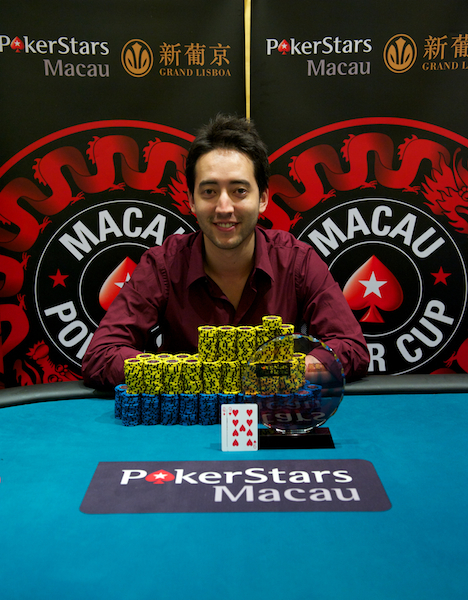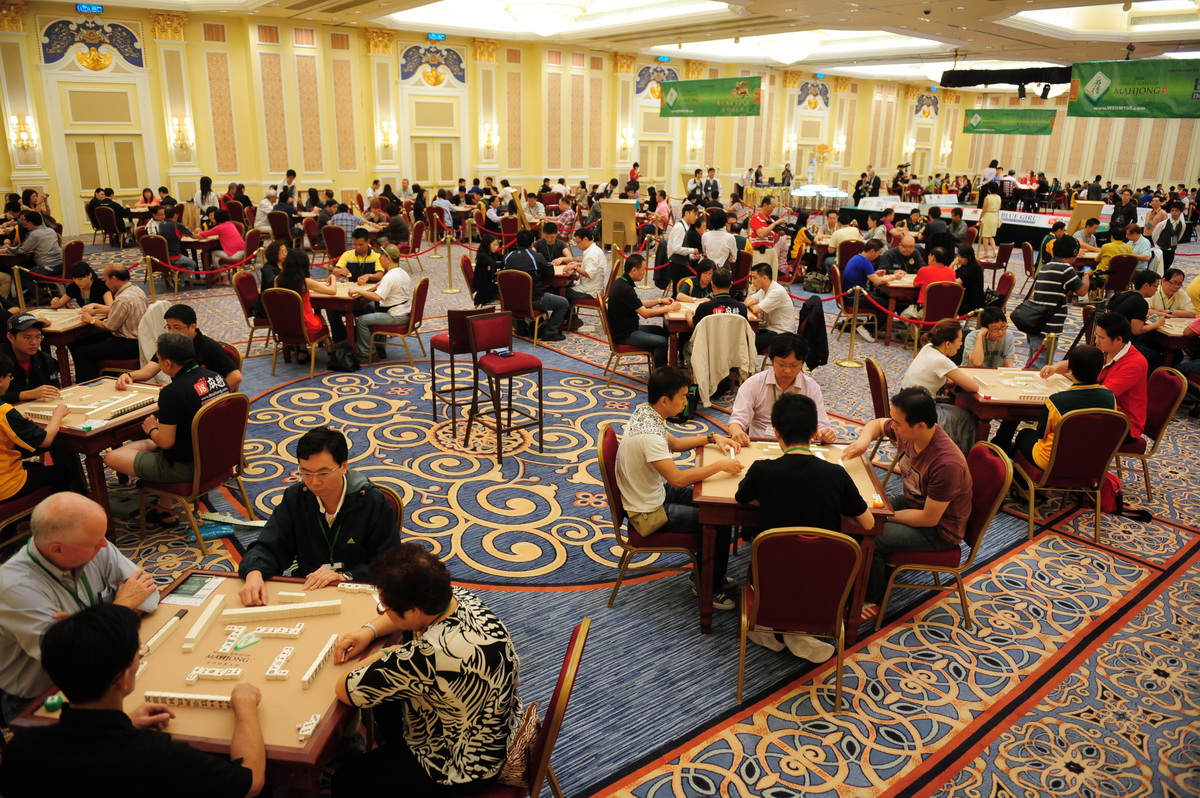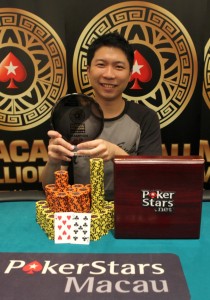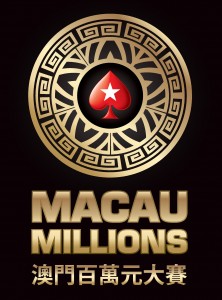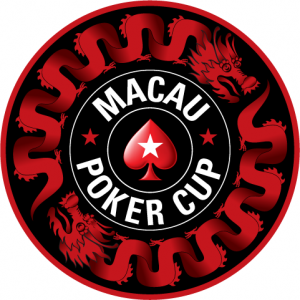Apologies to Katy O’Keeffe for misspelling her name last week in our report on the Galaxy press conference. She has emerged as the most prolific journalist covering Macau – certainly while the SCMP’s Neil Gough is off galavanting around China. This morning she has a story on the Dow Jones wires based on an interview with SJM CEO Ambrose So, in which he says SJM has applied to take over Lot 7&8 from Sands China. She also got Sands acting CEO Mike Leven to react, saying he is not too worried about losing it, considering the US$100m his firm has already spent developing the plot, and that the government has a track record of giving land concessions to developers who have done some work on sites already.
Putting aside how outrageously unfair it would be if the government were to take back this site and give it to SJM, given the amount of investment Sands has pumped into Cotai compared to anyone else, and given SJM’s reluctance to do anything with its existing sites in Cotai previously, and given the lack of work being done on the Macao Studio City site, we have to wonder why SJM would want Lot 7&8 in the first place.
Indeed, Macao Studio City is a much better site. And SJM has already drawn up detailed plans for a casino called The Pearl, which is situated, interestingly enough, tucked into the northwest corner of the MSC site. And it could not have gone unnoticed this week that the Macao Daily News (Oumun Yatbo) ran a commentary directed at Peter Lam, boss of eSun, telling him that, in effect, his time for developing a casino on that site had passed and that he should focus on building the non-gaming facilities, which was his original intention anyway. Oumun Yatbo does not run such commentaries unless they have been penned by someone who knows exactly what they are saying. Reading between the lines, a more intelligent analysis than this newsletter is capable of might deduce that MSC will lose its right to run a casino operation but SJM will enable the property to have a casino on the northwest corner of the premises. Or maybe they will just reach an accommodation and redesign the entire site together. If such things were capable of happening in the real world, that is.
To be sure, SJM can do a lot better than Lot 7&8. Its other current site on Cotai sits to the east of the strip, bridging the gap between Wynn’s site and the site known as Hello Kitty, which will supposedly be developed under the SJM license. Given that Wynn will probably open next after Lot 5&6, and that the light rail will run down that side of the strip, we don’t see what’s so bad about the site anyway. MSC would be better, but Lot 7&8 is not exactly Eldorado.
Our biggest fear about what is going here, however, does not concern who gets what, but how they get it. Land allocations in Cotai are a very tricky business and a very sensitive topic north of the border. The potential for something to get screwed up here is high, and the last thing Macau needs is another task force sent from Beijing to investigate corruption allegations, which turns into unfavorable policymaking from the center again. Stay tuned.
Used with permission & copyright to IntelMacau











